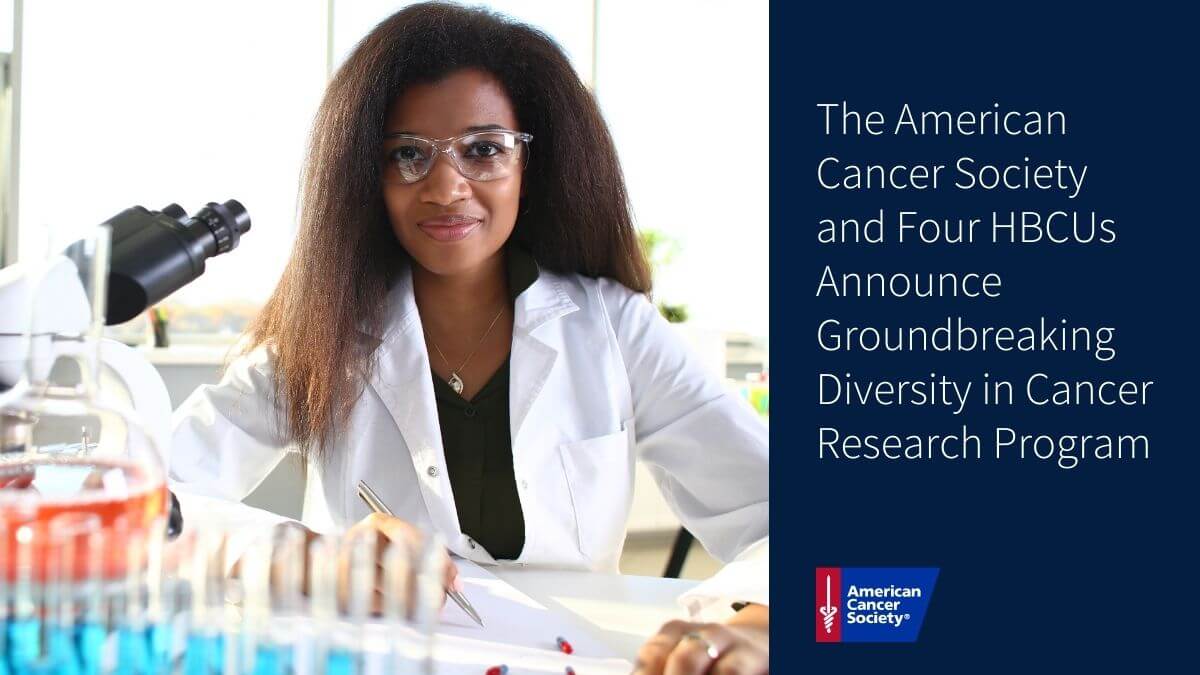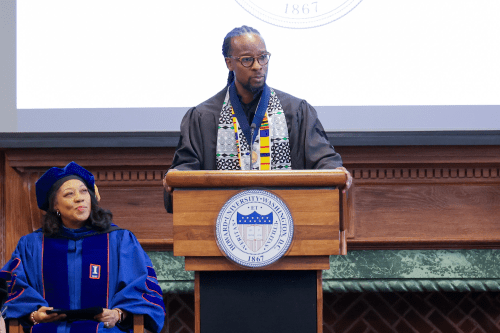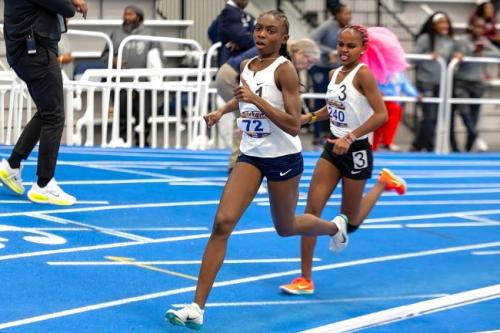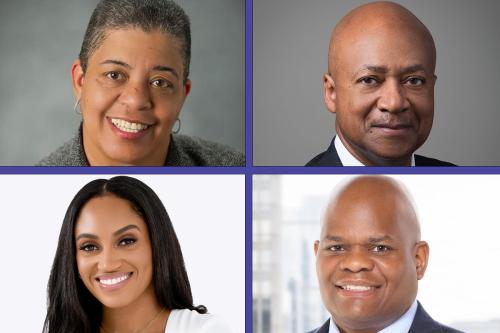
WASHINGTON – Howard University, the American Cancer Society (ACS) and three historically Black medical schools have announced a groundbreaking Diversity in Cancer Research (DICR) Program to help improve diversity, equity and inclusion in the cancer research field. The inaugural initiatives of the overarching program include DICR institutional development grants.
The Howard University Cancer Center, Charles Drew Medical School, Meharry Medical College and Morehouse School of Medicine have received DICR grants in a pilot program for 2021-2022.
“There are many reasons the Black community continues to experience disparities in cancer care outcomes. But one of the most critical factors behind the imbalance, and one of the most promising paths to closing the gap, is diversity in cancer care research. We must improve diversity and representation in our laboratories if we expect different outcomes in our hospitals,” said Dr. Wayne A. I. Frederick, president of Howard University. “As a cancer surgeon and as the president of an HBCU, I believe the Diversity in Cancer Research Program will prove to be pivotal in altering the field of cancer care research and improving cancer care outcomes for Black Americans. I am deeply appreciative of the American Cancer Society’s efforts behind this initiative.”
The awards provided through the DICR program are unique in cancer research. They provide a large amount of salary support for the four colleges to select clinical faculty who need more dedicated time for their cancer research and scholarly activities. They also fund other student and postdoctoral programs and underpin the awards with career development funds and mentorship by established American Cancer Society professors. The grants will build sustainability for both clinical and scientific cancer-focused careers, launching or sustaining the careers of 104 individuals by 2025.
The impactful program will create a more inclusive research environment to address health disparities more effectively and could lead to targeted recruitment efforts focused on bringing people of color into clinical research protocols. Establishing a research community that is made up of a diverse group of people is vital to ensuring scientific excellence.
“The American Cancer Society is committed to launching the brightest minds into cancer research and to reducing health disparities,” said Dr. William Cance, American Cancer Society chief medical and scientific officer. “To accomplish this, we believe it is essential to invest in the minority workforce and their dedicated efforts to solve disparities and establish equity in cancer care.”
Data show that African-American and Black people, Hispanic and Latino individuals, Indigenous people and native Hawaiians and other Pacific Islanders are underrepresented in grant funding. Fewer than 2 percent of applicants for the National Institute of Health’s principal grant program come from Black or African-American people, and fewer than 4 percent come from Hispanic/Latino populations.
With the DICR program, ACS has committed to a $12 million investment to support four HBCU medical schools with DICR institutional development grants to fund a four-year program that aims to increase the pool of minority cancer researchers by identifying talented students and faculty from HBCUs. This program will inform efforts to develop a national program to boost cancer research and career development at minority-serving institutions (MSIs). These grants are designed to build capacity and enhance the competitiveness of faculty at MSIs when applying for nationally competitive grant support and aid in faculty development and retention.
# # #
About Howard University
Founded in 1867, Howard University is a private, research university that is comprised of 14 schools and colleges in Washington D.C. Students pursue more than 140 programs of study leading to undergraduate, graduate and professional degrees. Howard University operates with a commitment to Excellence in Truth and Service and has produced one Schwarzman Scholar, three Marshall Scholars, four Rhodes Scholars, 12 Truman Scholars, 25 Pickering Fellows and more than 165 Fulbright recipients. Howard also produces more on-campus African-American Ph.D. recipients than any other university in the United States. For more information on Howard University, visit www.howard.edu.
Media Contact: Sholnn Freeman, sholnn.freeman@howard.edu




